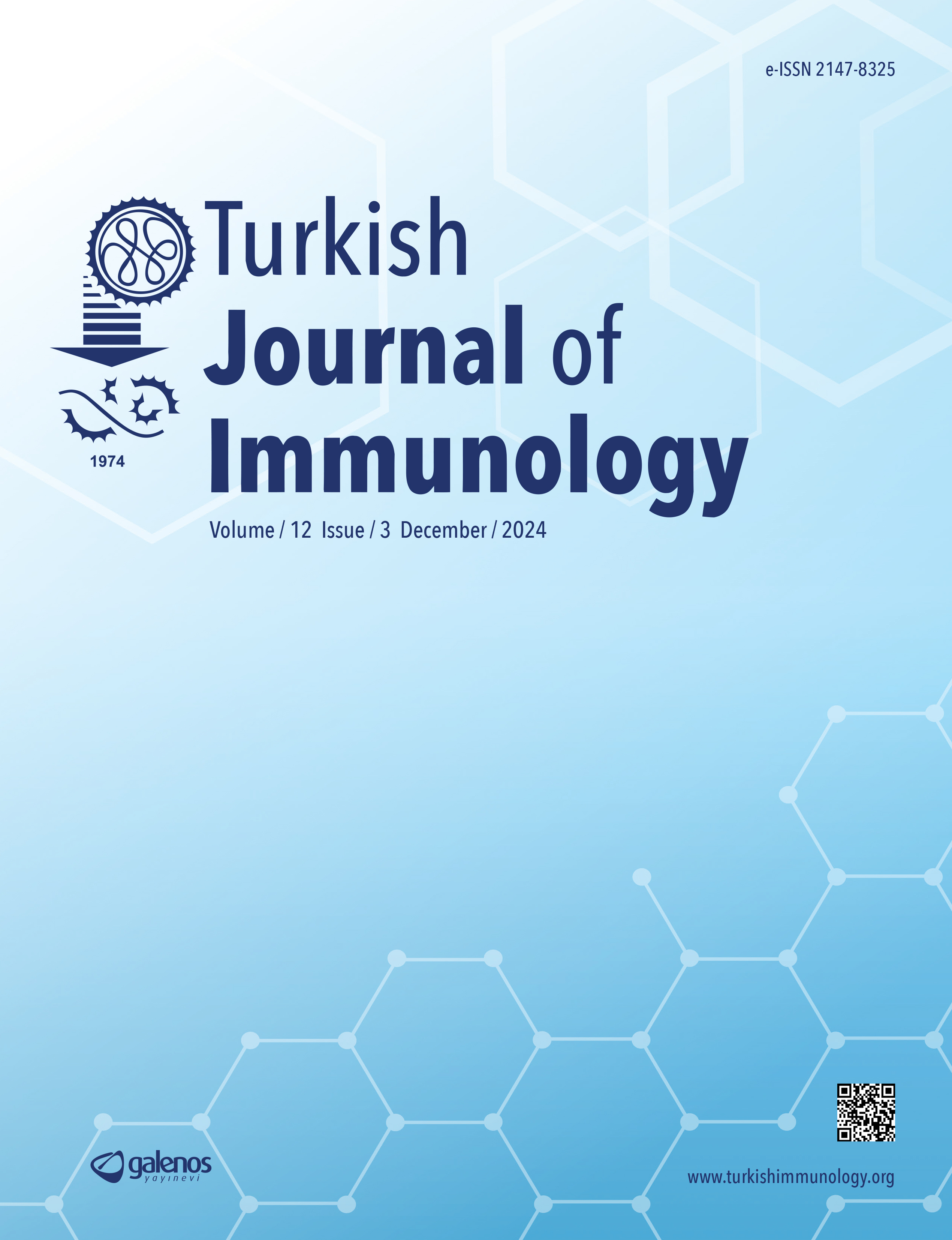The Efficacy of Chimeric Antigen Therapy in Viral Infectious Diseases: A Systematic Review of Randomized Controlled Trials
Hossein Hatami1, Elnaz Ataei3, Mohammadjavad Nasiri2, Hamed Ghorani41Shahid Beheshti University of Medical Sciences, School of Public Health and Environmental and Occupational Hazards Control Research Center,Department of Public Health, Tehran, Iran2Shahid Beheshti University of Medical Sciences School of Medicine, Department of Microbiology, Tehran, Iran
3Shahid Beheshti University of Medical Sciences, Shahid Modarres Educational Hospital, Clinical Research Development Center, Tehran, Iran
4Tehran University of Medical Science, Advanced Diagnostic and Interventional Radiology Research Center, Tehran, Iran
5Tehran University of Medical Sciences, Shariati Hospital, Department of Radiology, Tehran, Iran
Infectious diseases are among the most important global health problems, and their burden on society is wide. It is shown that chimeric antigen receptor (CAR) T-cell therapy can fight viral infectious diseases in many aspects. This systematic review investigated the efficacy of CAR T-cell therapy against viral infections. A comprehensive literature search was conducted in Medline, Scopus, Cochrane Central Library, and Embase up to May 2024. Keywords such as CAR T-cell therapy, viral, virus, and infection were used to identify relevant studies. In the identification stage, a comprehensive search across databases, including Medline, Scopus, Cochrane Central Library, and Embase, identified 12183 papers. Finally, 7 articles with total of 134 individuals were examined. Three studies investigated the efficacy of CAR T-cell therapy against human immunodeficiency virus (HIV), hepatitis B virus (HBV), and cytomegalovirus (CMV). The primary objectives of these trials were to assess the safety and feasibility of adoptive transfer of CAR T-cells in patients with viral infections. The aforementioned results demonstrate the efficacy of CAR T-cell therapy in targeting viral antigens and inhibiting viral replication, providing possible treatment options for long-term infectious illnesses like HIV, HBV, and CMV. These findings show the efficacy of CAR T-cell therapy in infectious diseases, but the data are limited. To maximize the efficacy of CAR T-cell therapy and clarify its long-term effectiveness in the treatment of infectious diseases, more investigation and clinical studies are required.
Keywords: Chimeric antigen therapy, viral infectious diseases, hepatitisManuscript Language: English



















